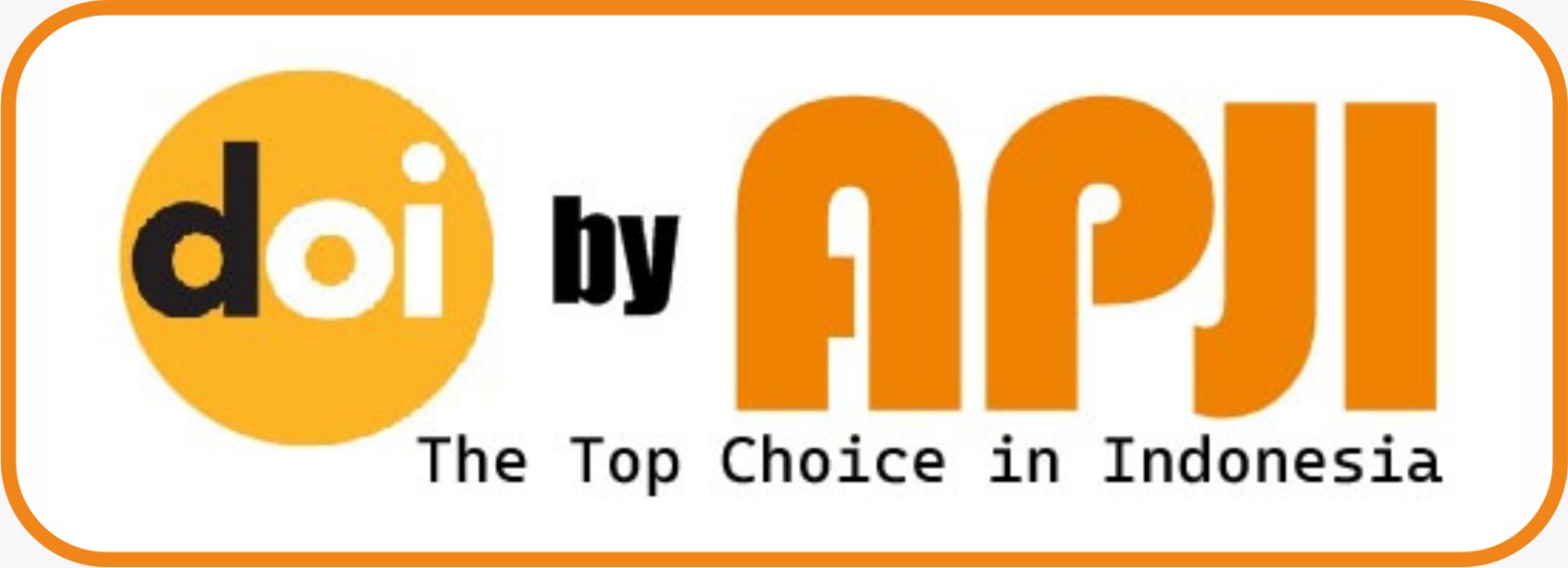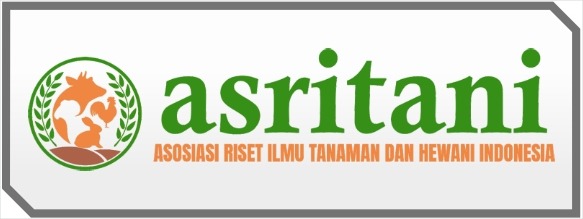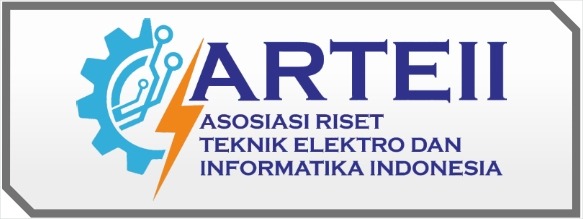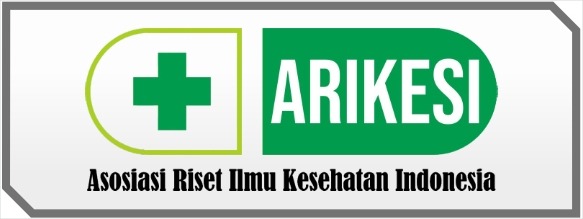The Implication of Sustainable Development Goals on Sustainable Fishery Management Policy
DOI:
https://doi.org/10.69930/ajer.v2i3.548Keywords:
Sustainable development, fishery, policy, marine, SDGsAbstract
The Sustainable Development Goals (SDGs) contain seventeen goals that must be achieved by all United Nations (UN) member states by 2030. The goals to be achieved in order to realize sustainable development also include the marine and fisheries sector. Fisheries management policies of countries should be made by taking into account the SDGs in the marine and fisheries sector so that their implementation can encourage the realization of sustainable development. There are two problems studied in this paper, First, the background or philosophical basis for the preparation of the SDGs by states. Second, how the direction of sustainable fisheries management policies by states is based on the SDGs. This study uses a normative research method with an explanation and descriptive method. This study found that considering the content of the SDGs, states seek to advance several elements at once in achieving sustainable development. The elements are people, planet, prosperity, peace, and cooperation. State policies on sustainable fisheries management should consider the goals in the SDGs that have been adopted, especially Goals 1,2,6,12,13, and 14. Such policies are in line with international law and will be able to contribute to the fulfillment of the 17 Goals of the SDGs.
References
1. Djalal, Hasjim. Perjuangan Indonesia di Bidang Hukum Laut [Indonesia's Struggle in the Field of Maritime Law]. Penerbit Bina Cipta. Jakarta.1979
2. United Nations. the Future We Want, Outcome document of the United Nations Conference on Sustainable Development. 2012. https://sdgs.un.org/sites/default/files/publications/733FutureWeWant.pdf
3. Ilyas, A., et.al. Natural Resource Management for Sustainable Development in Managing Environmental Permit. IOP Conf. Series: Earth and Environmental Science 343. 2019
4. United Nations. Report of the United Nations Conference on the Human Environment, Stockholm, 5-16 June 1972, pp. 3, https://www.un.org/ga/search/view_doc.asp?symbol=A/CONF.48/14/REV.1&Lang=E
5. Friedrich J. International Environmental “Soft Law”: The Functions and Limits of Nonbinding Instruments in International Environmental Governance and Law. Springer. Berlin. 2013
6. Flint, R.Warren. Practice of Sustainable Community Development (a Participatory Framework for Change). Springer. New York. 2013
7. Vogel, Jefim, et.al. Socio-Economic Conditions for Satisfying Human Needs at Low Energy Use: an International Analysis of Social Provisioning. Global Environmental Change.Vol.69. July.1-15. 2021
8. United Nations Conference on Environment and Development. (1992). Rio de Janeiro, Brazil, 3-14 June, https://www.un.org/en/conferences/environment/rio1992
9. Sadeleer, Nicolas de. (2015). Sustainable Development in EU Law : Still a Long Way to Go, Jindal Global Law Review, Vol.6. 39-60
10. United Nations. (2015). Transforming Our World : the 2030 Agenda for Sustainable Development, https://sdgs.un.org/2030agenda
11. Syahailatua, Augy. (2008). Dampak Perubahan Iklim Terhadap Perikanan [Impact of Climate Change on Fisheries]. Oseana, Vol. XXXIII, 2. p.26
12. Allen, Cameron, et.al. (2018) Initial progress in implementing the Sustainable Development Goals (SDGs): a review of evidence from countries, Sustainability Science. Vol. 13. 8 May. 1453-1467
Downloads
Published
How to Cite
Issue
Section
License
Copyright (c) 2025 Masitha Tismananda, Titik Suharti

This work is licensed under a Creative Commons Attribution-ShareAlike 4.0 International License.























